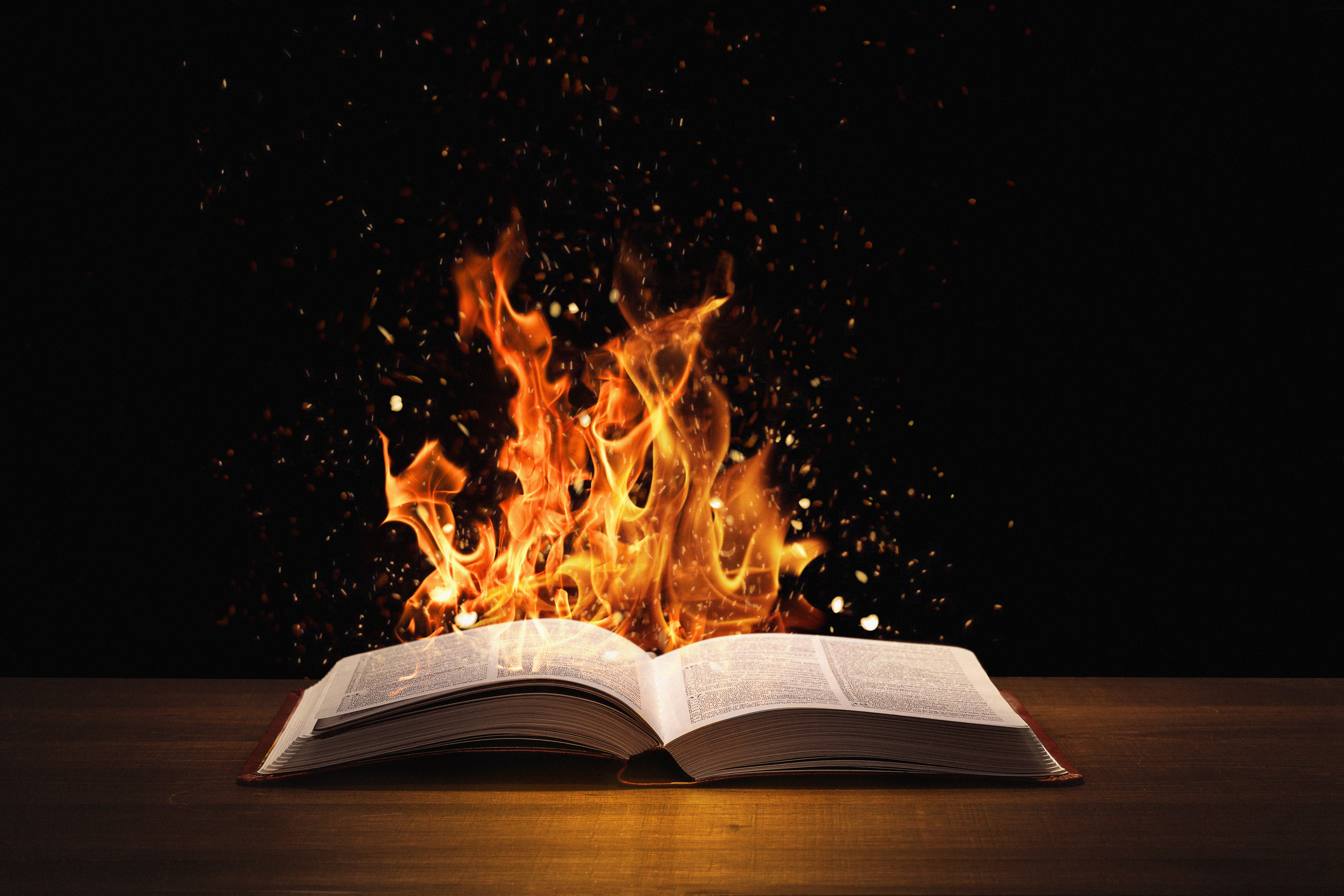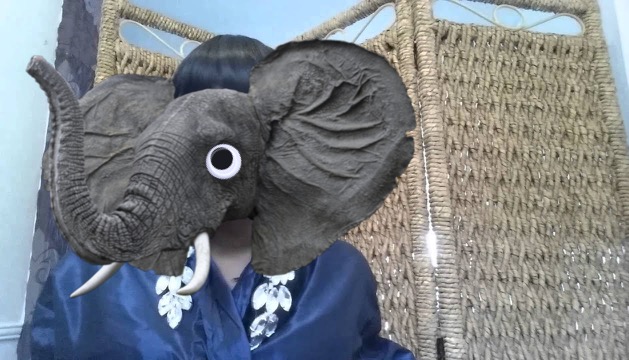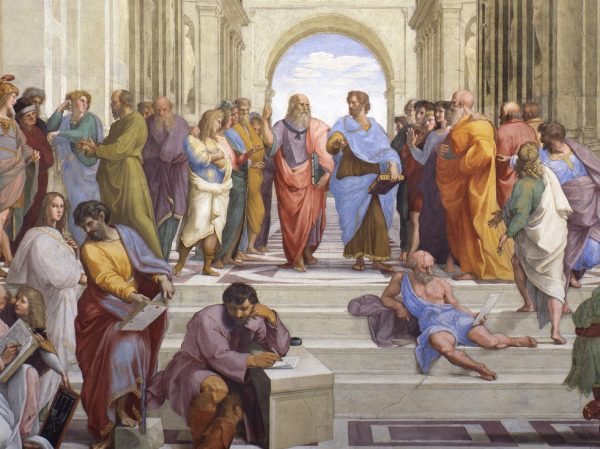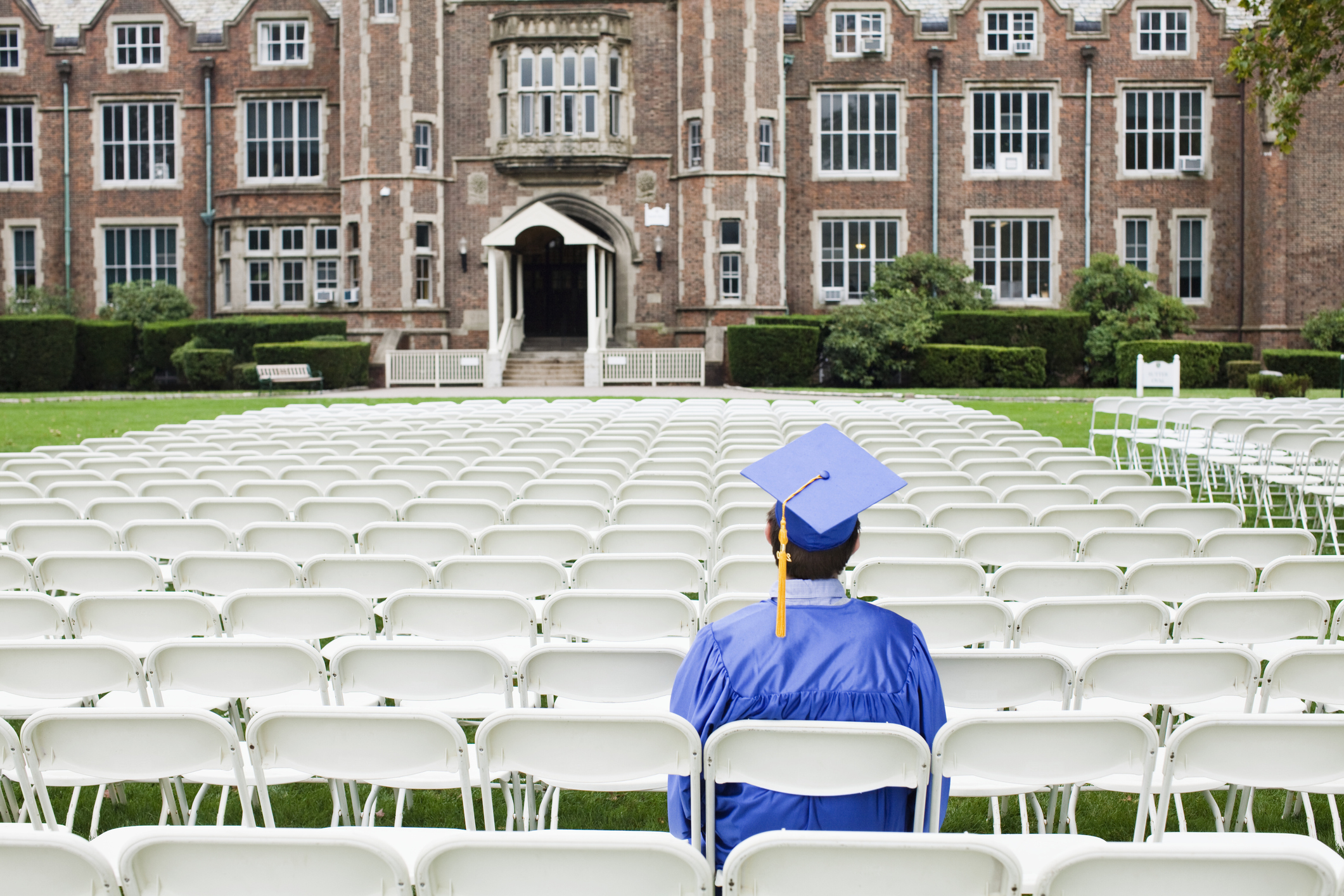How Liberals Trick Republicans into Ceding the Moral High Ground.
Faithful or Faithless

Christian colleges in a pagan culture
Christian colleges and universities, both Catholic and Protestant, face a tremendous challenge in a hostile culture. The orthodox beliefs and traditional morality of Christianity are an obstacle to the agenda of the forces of wokeness. These forces seek to pervert the intellectual centers of Christianity.
The response to this crisis from Christian schools has varied widely, largely based on the beliefs and courage of the administration and faculty. Some schools have marched in lock-step with the woke mob, taking it upon themselves to eradicate any conservative presence on campus. Many try to find a middle path to avoid stirring up too much controversy. Others have made it an explicit point to fight back against “social justice” and “diversity” ideologies.
Truth and principles vs. Feelings and inclusion
A few schools have remained strong against the pressures of the woke education world. Thomas Aquinas College has made it clear that its focus is on the true, the good, and the beautiful. Its mission is to pass on the wisdom of the greatest thinkers and to stay true to the principles of the Church. Seminar-style classes encourage serious discussion about major questions. Sacraments are given daily and reverently. The beautiful chapel is the focal point of the campus, emphasizing that the faith of the college is the center of the education rather than a side requirement. Dorm talks about virtue and different aspects of the Christian life are a regular occurrence, often given by a priest or member of a religious order. Students are encouraged to be active in various groups such as the Legions of Mary, 40 Days for Life, or the Frassati group, and the majority of the student body makes its way to the San Francisco Walk for Life each January.
While schools like TAC remain orthodox in their teaching, other Christian schools hope to survive by selling themselves as “big tent” institutions, inclusive of a wide range of beliefs and ideologies. But this commitment to tolerance quickly goes awry when it admits beliefs that cut against the mission of an orthodox Christian school. A Christian university might be able to tolerate differing views of salvation and forgiveness, but it can’t survive long with an ideology which denies those things exist.
For many years, the administration of Azusa Pacific University was firmly committed not to take a stand on anything, instead maintaining that it would remain in the “Messy Middle.” This essentially meant that the university would refuse to define the Christian position on any controversial issues.
Inevitably however, the university was forced to take sides. Facing pressure from students who were goaded on by several professors, including those in the theology department and seminary, the administration lifted its ban on LGBT relationships in 2018. Facing blowback from conservative Christian publications, the board reinstated it a month later. Walkways were chalked, protests were held, and students prayed (to whom?) for the restoration of LGBT sanction. In March 2019, the ban was lifted, and the school caved to the side that brought the most pressure.
APU’s administration fails to recognize that its “messy middle” method is fated to fail. Much ado is made about being “difference-makers for Christ,” but few people seem to believe Christianity requires doing anything differently than what the secular culture already does. APU has many opportunities to emphasize its Christian identity, especially through chapels which are required three times a week. However, instead of using chapels to talk about Christian doctrine and morality, chapels are mostly feel-good self help sessions or diversity talks. If a message is preached about a bible passage it is usually so ambiguous and watered-down that nobody, Christian or otherwise, could possibly disagree or be offended. As Francis Chan observed, student’s feelings were increasingly placed above any scriptural teaching.
Dying from DEI
Most of the time, it is difficult to determine what APU believes in, if anything. But if APU’s core values are determined by what its administrators, faculty, staff, and many students talk about most, those core values are most certainly diversity, equity, and inclusion.
The school has multiple centers and programs to spread this ideology: The Student Center for Reconciliation and Diversity; the Center for Diversity, Equity, and Inclusive Excellence; the Diversity Ambassadors Program; and the Diversity Mosaic Experience. Professor evaluations ask how well they did in promoting DEI, and the student government sends surveys asking how they can spread DEI better in the future.
Gender ideology is promoted by school-approved organizations, and an LGBT club is sponsored and attended by members of the administration. Every semester an ironically-named “Imago Dei” training is held to train student leaders in DEI ideology. On one occasion, the trainers segregated the trainees, separating white students from “students of color.” On another, students were made to participate in a “privilege walk” to demonstrate who was more or less privileged.
This incessant focus on DEI ideology has eclipsed the Christian message universities like APU are supposed to convey. As pastors and professors alike have observed, this ideology is a new rival religion, deviously similar to Christianity but diametrically opposed to its tenets. Both cannot coexist in an institution, as one will try to overtake the message of the other. An institution cannot preach the woke dogma that wants to redefine racism as the real original sin and still call itself Christian. It cannot say profess to believe in a Bible that says mankind was “created male and female” and that a man is meant to “leave his father and mother and unite to his wife” and simultaneously promote an ideology that says gender is interchangeable and infinite and that it doesn’t matter who you want to date or marry.
There is no middle ground between these beliefs. Refusing to make a choice and take a stand is simply allowing those with the most power to have their way. The new ideology has not completely overtaken the college, but it is not clear that Christian beliefs will win out in the case of APU and many other Christian schools.
Stay faithful or die
Schools which unflinchingly defend and promote their Christian identity are reaping the benefits. Enrollment is high at Thomas Aquinas College; in fact, TAC recently opened a second campus a few years ago in order to accept more students from its expanding waitlist. Christian schools that stick to their principles are a bigger draw to families, including Hillsdale, which welcomed its largest freshman class ever in 2021 after returning to in-person classes.
On the other hand, Christian schools that surrender their beliefs to the woke ideologies are doomed. While they could choose to stand out as conservative Christian institutions, they instead fade into irrelevance and obscurity by trying to conform to an ideology that has no use for Christianity. Conservative students and their parents look to institutions that will provide better formation, while their woke counterparts look to more prestigious private colleges or cheaper public universities. Thus, as has happened for APU, enrollment plummets and the schools get mired in financial trouble.
The straight and narrow
Nominally Christian schools like APU are not yet a hopeless cause. But it will take leadership with spine to right the ship. An administration that wishes to fix these problems will need to be unyielding to the demands of the woke mob. Professors who lead their students astray must be purged, and the school must make its Christian beliefs about faith and morals unambiguously clear. The more mired a school is in the secular ideologies of our day, the more difficult and painful the process of recovery will be.
Christian schools should be a beacon of light and strength today. The world wants them to forget their principles, and instead be known for their inclusion and tolerance. Yet we can see how detrimental it is for our schools and institutions to throw over their faith and beliefs for the sake of being politically correct. Christianity should not be merely an adornment, but the life-blood of the institution. These schools must remain faithful to their missions, and defend their principles against the dangerous secular ideologies of the world.
The American Mind presents a range of perspectives. Views are writers’ own and do not necessarily represent those of The Claremont Institute.
The American Mind is a publication of the Claremont Institute, a non-profit 501(c)(3) organization, dedicated to restoring the principles of the American Founding to their rightful, preeminent authority in our national life. Interested in supporting our work? Gifts to the Claremont Institute are tax-deductible.
When God recedes, nihilism takes His place.
There’s a path for colleges to flourish under current conditions, but few leaders see it.



